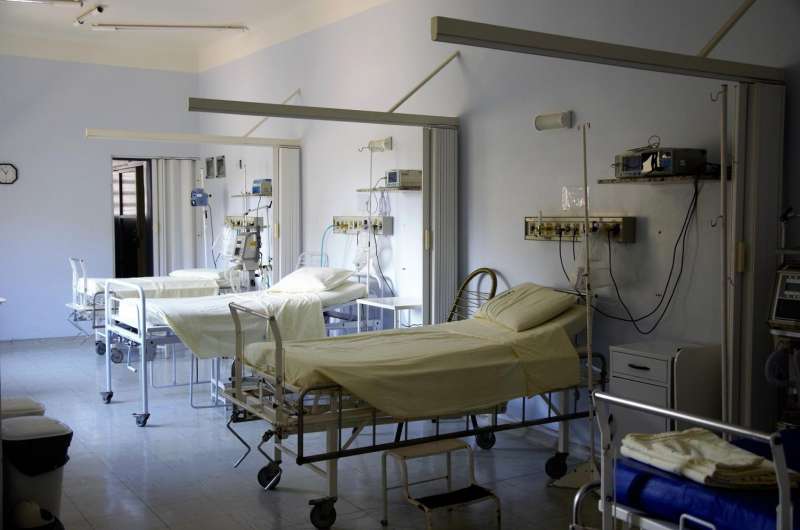Credit: CC0 Public Domain
(Medical Xpress)—Officials with a Philadelphia-based company called Bioquark have announced that they are close to commencing clinical trials of a controversial procedure to be performed on people who have been declared clinically dead. The trials will be conducted to ascertain whether a series of therapies administered to a technically dead person can bring them back to life.
Company CEO Ira Pastor has told the press that he expects his company to begin conducting clinical trials on patients in an unidentified country in South America "very soon." He and orthopedic surgeon Himanshu Bansal made news late last year when they attempted to conduct similar trials in India. The Indian Council of Medical Research shut down such talk shortly thereafter, prompting the company to look elsewhere.
The therapies involve first injecting the patient with their own stem cells (harvested from their fat or blood), followed by an injection of peptides into the patient's spinal cord and then a 15-day regimen of nerve stimulation techniques and laser therapy. The idea is to induce new neuronal growth in the hope of restarting normal brain functions. Each of the treatments have been tested in other applications by other researchers with varying results, but none have ever been used to attempt to reverse clinical death in a patient. Indeed, Pastor readily admits that the company has not even tested the procedures on animals—he and his colleagues have no idea if their scheme will work, or even partially work. But they want to find out, so they have been working behind the scenes to negotiate with officials from a country willing to allow such research to move forward.
Critics have pointed out that there are many reasons the therapy techniques will fail and have also noted some of the ethical issues that could arise—what if minimal neuronal activity is restored, for example, meaning the person would still be in a near-dead or partial vegetative state? Who would pay for their care? There will also likely be an issue getting family members to agree to allow a brain-dead loved one to undergo such a procedure—the group reportedly had few if any takers when they were still working in India.
© 2017 Medical Xpress





















